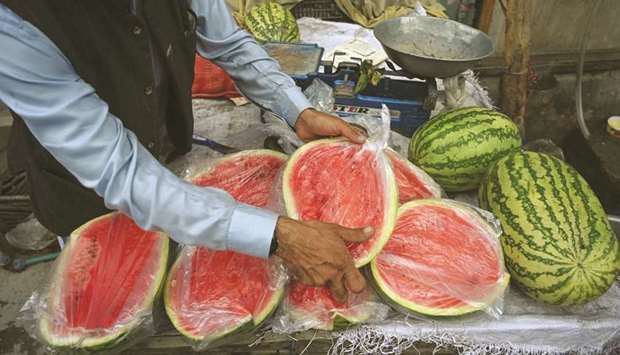Adviser to Prime Minister on Climate Change Malik Amin Aslam said the federal capital will embrace the complete ban on polythene or plastic bags by August 14, while allowing other biodegradable alternates to overcome plastic pollution.
He said that the ministry of climate change, under the legislation approved by the cabinet, has allowed plastic bag producers to adopt innovative substitutes for polythene bags.
Jute, cotton, recyclable and reusable plastic bags, and biodegradable organic solutions like potato starch bags are permissible, Aslam added.
He said that environmental sciences students had come up with many out-of-the-box solutions which could be replicated for the better good of the masses and the ecology.
“At present, around 55bn plastic bags are being produced in the country, as compared to 10mn bags in 1990, which is worrying,” Aslam said.
He said a mass awareness campaign had been kicked off in the federal capital, aimed at not only to getting the public to shun the use of polythene bags, but also spark a behavioural change in society to avoid damaging the environment and ecosystem.
“A student at Pir Mehr Ali Shah Arid Agriculture University has developed a biodegradable plastic bag made of starch from mango seed, for example,” Aslam said.
He said 80% of the urban flooding can be blamed on plastic bags clogging up sewers.
Aslam added that the government has banned oxo-biodegradable plastic bags, which were more lethal then polythene.
Oxo-biodegradable plastic disintegrate into tiny pieces after exposure to the environment, which then gets into the water supply, is consumed by fish and aquatic life, and heading back into the food chain.
This has a serious impact on human health and environment, Aslam said.

A vendor packs watermelons in plastic bags. From August 14, a ban on plastic bags would come into force in Islamabad.
